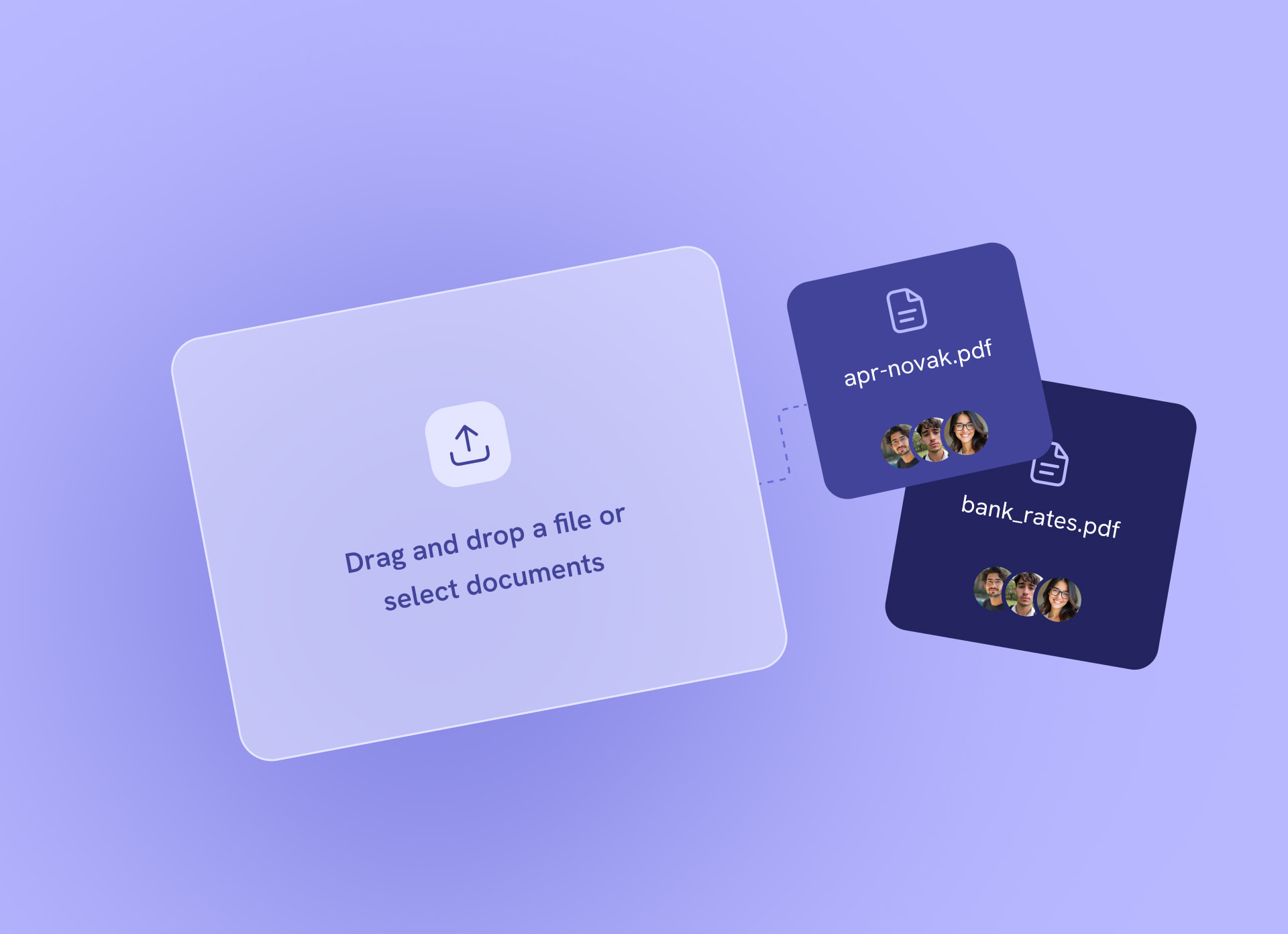In personal finance and inheritance planning, it’s actually one of the most expensive decisions someone can make.
For 8 out of 10 families, the moment when assets, accounts and responsibilities need to be accessed… is not controlled.
The hidden cost of doing nothing
We underestimate how much cognitive load, fragmentation, risk, and future friction we are silently accumulating… until life forces the bill.
When a parent dies, a partner disappears, health declines — that is when the true cost emerges:
- lost documents
- unknown accounts
- no inventory of assets
- locked subscriptions still charging
- insurance was not activated in time
- missed deadlines that cost real money
It is shockingly expensive not to have things organized.
The average time a family spends resolving a relatively “simple” financial estate is between 420–540 hours.
That is 3–6 months of part-time work during the most emotionally fragile period of life.
And when you look at multi-asset households (bank + investments + pensions + crypto + properties) the exposure multiplies.
The real stories:
“I’m a single mom. If something happened, my kids wouldn’t know where to find anything, accounts, insurance, or key contacts. I don’t want everything to fall on them at a difficult time; I’ve lived through this 3 years ago. Knowing everything is checked and in one place gives me peace; my children will be okay.” Marika, 38
“When my husband passed away, I had to scramble to figure out where our insurance papers, bank accounts and investments were. It was all scattered in files and emails. If a tool like this existed before, it would have saved enormous stress and time that affected my daily life.” Liz, 43
Estate planning used to be a static legal document in a drawer. But modern life is dynamic.
Assets move constantly. New fees appear. Value changes monthly. Risks appear silently.
Traditional industry is reactive. Static. Compliance-driven.
The real hidden cost: blind spots.
Inheritance chaos is predictable and preventable
We don’t talk about it enough, because it is uncomfortable. But the truth is: most families don’t plan for crisis, they deal with crisis while in it. And the emotional tax at that moment is enormous.
Estate planning shouldn’t be a last minute activity.
It should simply be a normal part of how we manage our life admin, the same way we track spending, review subscriptions, file taxes, and check investment performance.
It doesn’t have to be dramatic. It just has to be proactive.
A well organised life is a kindness to your future self, and to the people who would have to continue without you.
Inheritance is actually a continuation of wealth management
What surprised us when researching users is how often those two worlds are mentally separated… but practically it’s one continuum. What you build, what you accumulate, what you protect, eventually becomes what someone else will have to navigate.
So the cost is not only at the end.
The blind spots compound along the way, month after month, year after year.
- small fees
- forgotten accounts
- auto-renewals nobody uses
- duplicate services
- missed insurance benefit windows
- unclear ownership of assets
Individually tiny. Collectively… extremely expensive.
Doing nothing silently compounds into emotional debt
When a family is forced to make sense of everything after the shock, they are trying to execute extremely complex information processing in a moment where their cognitive capacity is the lowest it will ever be.
And so the real “hidden cost” is not just money.
It is panic.
It is confusing.
It is unnecessary suffering.
The work that could have been distributed calmly over months and years becomes an emergency operation — overnight.
Planning is not about fear.
It is about respect for the people we love.
This is the mental shift this entire space needs.
Estate preparation should not feel like pessimism. It should feel like responsibility. It should feel like love. It should feel like future-proof care. This is not about controlling the future — it is about not leaving chaos behind.
And maybe this is the simplest takeaway:
The cost of doing nothing is always paid eventually, but often not by the person who made the choice.






